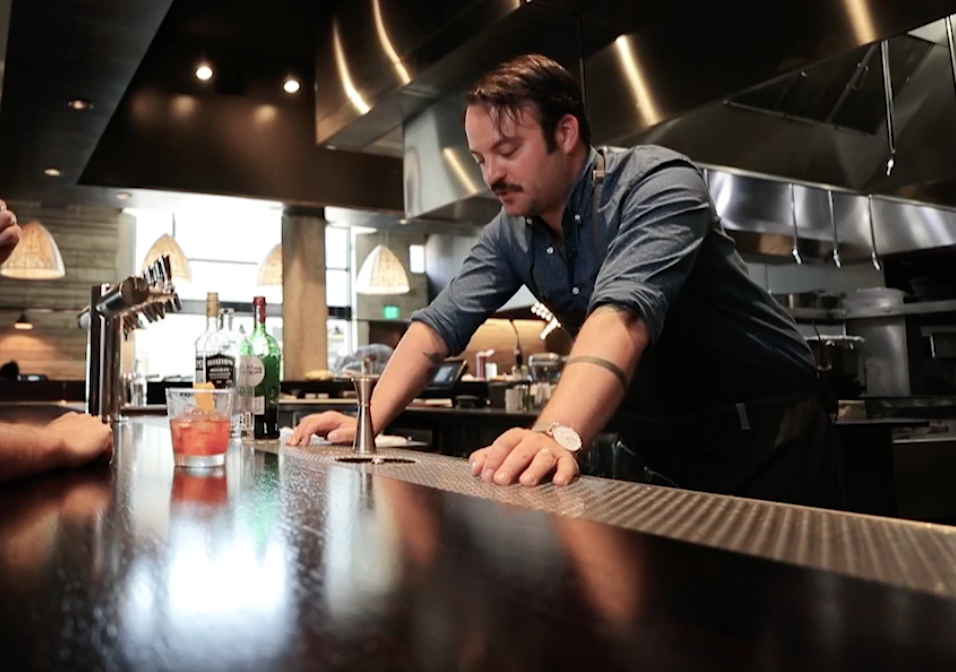What is this not? An indictment against bartending school. There are a million ways to skin a cat, and there are just as many ways to land yourself a career shaking cocktails and earning tips. Bartending school has become less of a skill-building tool and more of a spicy discussion topic, so we wanted to dive in to see what all the heat’s about. Then what is this, exactly? A nice slice of perspective for those that are looking to make the leap behind the stick, and how bartending school factors into it.
It’s Simply Not Required
How a bartending school markets itself versus what it actually offers is an unfortunate discrepancy. Buzzwords like “invaluable training” and “official certification” are easy hooks that catch our eye when we’re actively seeking fasttracks toward slingin’ drinks. The unfortunate truth is that a bartending certification (for the most part) is just a piece of paper that you promise yourself you’ll get framed before sliding it into a drawer you never check. In some states, a bartending license is required, but that’s just a distinction that allows you to serve booze, and has nothing to do with skill-based school. Once you graduate, you’ve got the same shot at scoring a bartending job as a local busboy that didn’t pay for “job placement assistance.”
Speaking of Job Placement Assistance…
It’s not a contractually binding agreement. In fact, it’s just succinctly polished way of saying “we’ll contact our network about jobs, but if there’s nothing available then hey– we tried.” And don’t get us wrong, some schools have better success placing graduates into jobs than others (you’ll want to research the sh*t out of which schools are the most reputable, and that research will have to be painfully thorough). With that being said, success is relative. Some schools will feel satisfied getting you a job as a barback, which is a position you could have nabbed on your own.

You Can’t Manufacture Experience
As with any industry, the best way to learn a trade is through good ol’ fashioned experience. And real-world experience is quite literally something bartending school cannot create. They can replicate it as best as they can—which can sometimes mean slicing up foam lemons and pouring dyed water—but the ability to absorb the pressure of high-volume scenarios while generating quality drinks with consistency cannot be taught in a class. Unfortunately, this is the majority point of view of hiring managers, with some even actively avoiding resumes with the bartending school distinction. While some appreciate the certification as proof that a candidate is invested in their craft, they’ll ultimately prefer someone who’s clocked in before—and appreciation doesn’t pay the bills.
Well, What Are The Alternatives?
We wish there was a cheat code here, but the cleanest route to the world of drink pouring is paying your dues at an established bar or restaurant. Immersing yourself in an authentic environment will equip you with those intangible skills that best prepare you for the bizarre spectrum of customer chaos (hundreds of sweaty college students screaming for shots, disgruntled “regulars” who think they deserve the world, patrons demanding drinks that don’t exist, etc.). And when times are slow, a forward conversation with a manager or veteran bartender about wanting to learn the ropes will go a long way. They’ll give you the inside scoop on how to crank out not just any shift, but a shift at their location—so when an opening comes up, they’ll have someone on the inside they can trust to man (or woman) the bar. This industry has always been about who you know, so you might as well start with the people on the floor with you.


